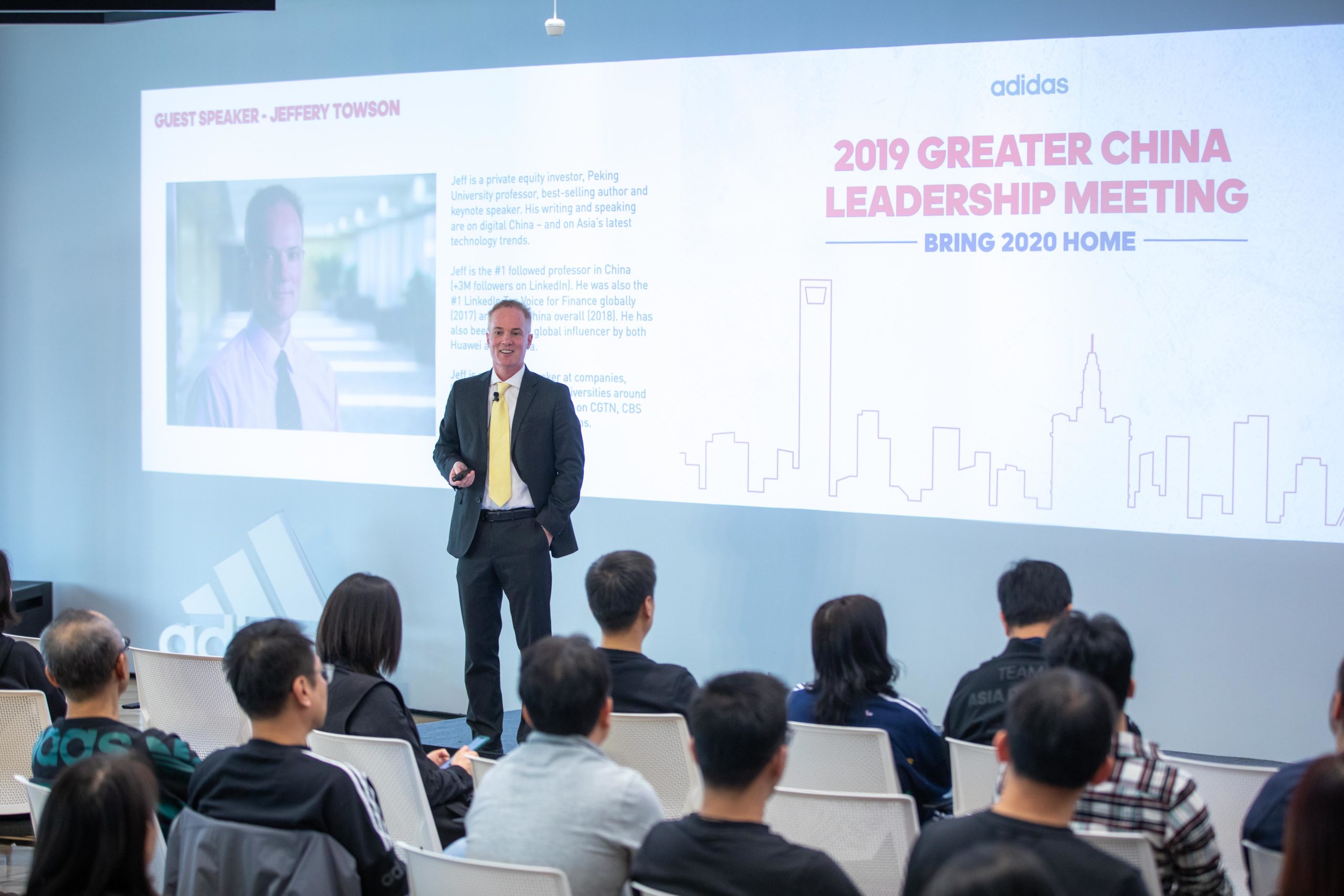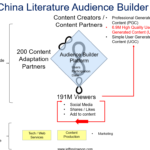In this podcast, Jeffrey Towson discusses how the economics of digital are changing, and how this is impacting pricing. He argues that pricing is becoming increasingly complicated, as businesses need to factor in factors such as bundling, switching costs, and platform business models. Towson believes that businesses need to adapt their pricing strategies to the new digital economy in order to remain competitive.




